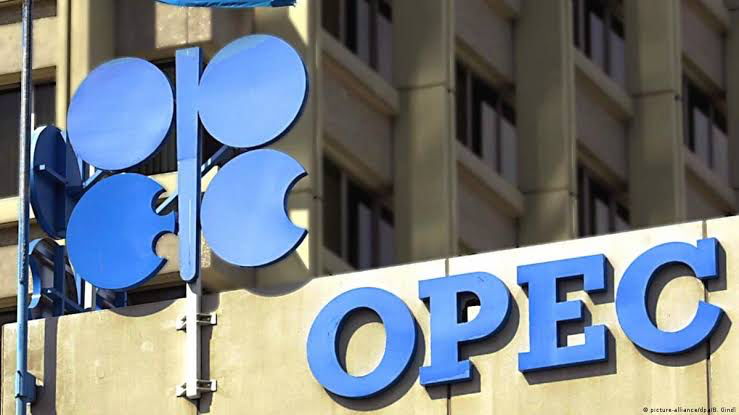Angola, Africa’s second-largest oil producer, has announced its decision to leave the Organization of the Petroleum Exporting Countries (OPEC), a move that could have significant implications for the global oil market and the stability of the cartel.
Angola’s Oil Minister Diamantino Azevedo said on Thursday that OPEC no longer served the country’s interests and that Angola would exit the group from January 1, 2024, according to the state news agency Angop.
“We feel that … Angola currently gains nothing by remaining in the organization and, in defense of its interests, decided to leave,” Azevedo was quoted as saying in a statement issued by the presidency.
Angola’s departure is a blow to OPEC, which has been trying to rally support for further output cuts to prop up oil prices amid slowing demand growth and rising production from non-OPEC countries, especially the United States.
Angola, which joined OPEC in 2007, produces about 1.1 million barrels of oil per day, compared with 28 million bpd for the whole group. It is the third country to leave OPEC in the last decade, after Ecuador in 2020 and Qatar in 2019.
The announcement sent oil prices lower on Thursday, as analysts said it raised questions about the unity and effectiveness of OPEC and OPEC+, the wider group that includes Russia and other allies. Brent crude futures settled down 31 cents at $79.39 a barrel, while WTI crude futures dropped 33 cents to $73.89 a barrel.
Some experts said Angola’s exit could trigger more defections from OPEC, as some members may feel dissatisfied with their output quotas or seek more flexibility to pursue their interests.
“This shows that there is no consensus within OPEC itself and this was for some time now,” Ali Al-Riyami, former marketing director general at Oman’s energy ministry, told Reuters. “There will be consequences no doubt about it, but I don’t think others (countries) will follow.”
Angola had protested against OPEC+’s decision to cut its output quota for 2024, which it said did not reflect its production capacity and investment plans. The dispute delayed OPEC+’s last policy meeting in November and its agreement on new output curbs.
Angola has been struggling to reverse a decline in its oil output since it peaked at 2 million bpd in 2008, due to falling investment, operational disruptions, and aging oil fields. It expects to maintain its current production level into 2024, a senior government official said in October.
Oil and gas account for about 90% of Angola’s total exports, making it vulnerable to fluctuations in global oil prices and demand. The COVID-19 pandemic and lower oil prices hit the country’s economy hard, forcing it to seek debt relief from its creditors and diversify its sources of income.
Angola’s decision to leave OPEC comes as the group faces increasing challenges from the transition to cleaner energy sources, as more countries pledge to reduce their reliance on fossil fuels and curb their greenhouse gas emissions.
However, some analysts said OPEC still had a role to play in balancing the oil market and ensuring a smooth transition to a low-carbon future.
“OPEC remains a very important institution for the stability of the oil market and the energy transition,” said Amrita Sen, chief oil analyst at Energy Aspects. “Angola’s exit does not change that.”
Angola’s departure from OPEC will also have an impact on its relations with other African oil producers, such as Nigeria and Algeria, which are still members of the group. Angola may seek to cooperate more closely with non-OPEC countries in the region, such as South Africa and Mozambique, which have significant gas reserves and potential.
Despite the challenges and uncertainties, Angola’s oil minister said the country was optimistic about its prospects and would continue to invest in its oil and gas sector, as well as in renewable energy sources.
“We believe that Angola has a lot to offer to the world in terms of energy, not only oil and gas but also other sources of energy that are being developed,” Azevedo said.
Source: Reuters



